
It’s tempting to reach for packaged foods for convenience and quick savings. But many store-bought items cost more than they’re really worth and often offer little in return. As shopping habits change, hidden costs start adding up. This list takes a closer look at which foods might be better left off your list—and shows how making smarter choices can protect both your wallet and your health.
Pre-Cut Fruit Salad Cups

You might be putting those fruit salad cups in the grocery store for convenience, but a premium option can hit almost $9. You’re paying a massive markup just so someone else can slice an apple? Not only does buying whole fruit give you significantly better value, it’s also fresh!
Individually Wrapped Prunes

Do you really need each prune wrapped in its own tiny package? That single-serving convenience adds extra cost to your bill. Bulk prunes give the exact same high fibre and digestive perks. Skip the excessive packaging and grab the cost-effective bulk option instead—your wallet will be much happier.
Name-Brand Cheerios

That iconic yellow box suggests superior quality, driving up the price. However, numerous taste tests confirm a simple truth: generic oat cereals deliver a remarkably similar taste and texture. The premium price you pay buys little more than brand marketing, making store-brand stuff a much smarter choice.
Grated Parmesan With Cellulose
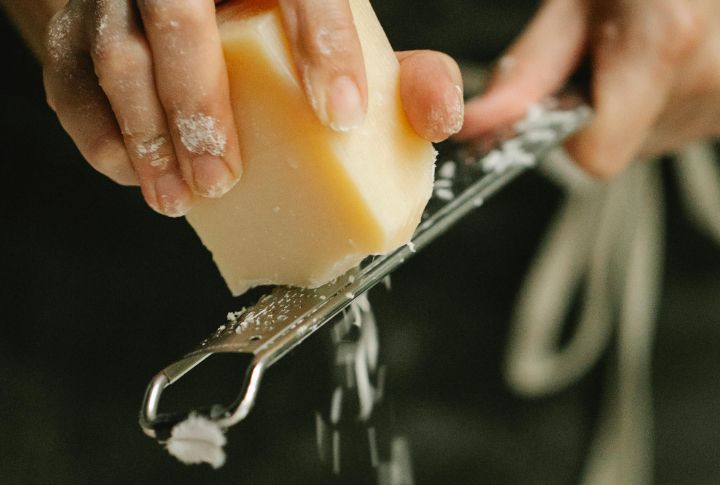
Pre-grated Parmesan offers speed, but there’s a catch. Manufacturers blend in cellulose, a wood-pulp derivative, specifically to prevent clumping. You are technically paying a premium price for less actual cheese. While safe, you should know that you’re buying a diluted product.
Microwave Popcorn
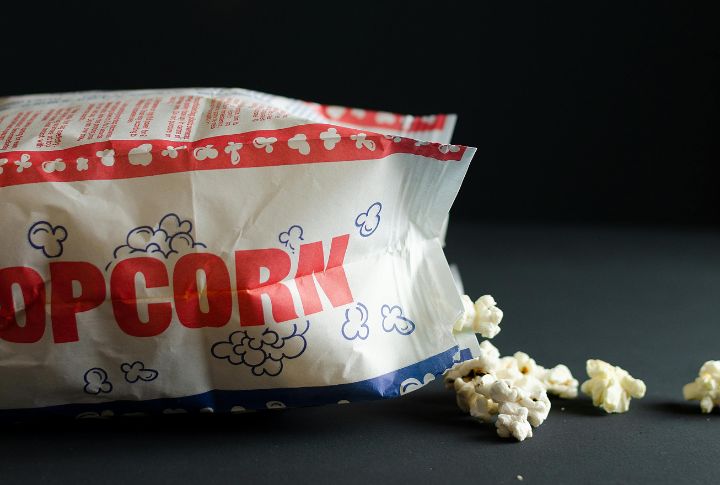
Look beyond the convenience of those quick bags. Food scientists point out two hidden costs: artificial flavors and high sodium in many popular brands. More importantly, you pay a significant markup per serving compared to traditional kernels. The price for this speedy snack convenience is just too high.
Flavored Instant Oatmeal Packets
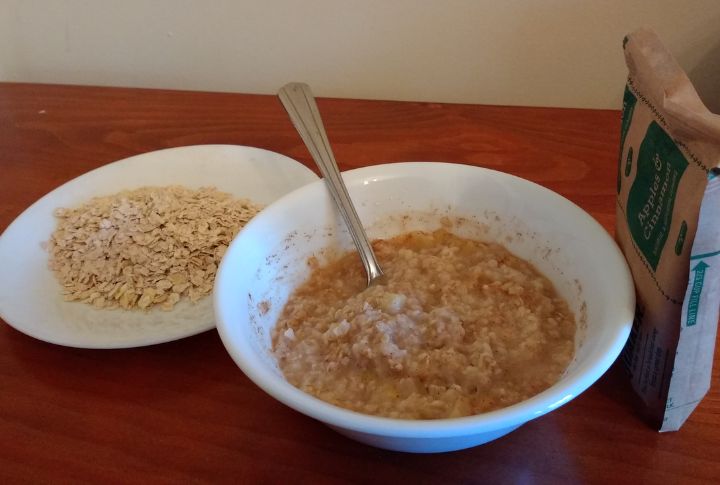
Stop and do the math on those single-serve packets, like apple pie or maple brown sugar. You’re mainly splurging on added sugars and artificial ingredients. The smart shopper’s secret is simple: bulk plain oats plus your own fresh fruit and cinnamon deliver a tastier bowl for less money.
Ready-To-Drink Protein Shakes
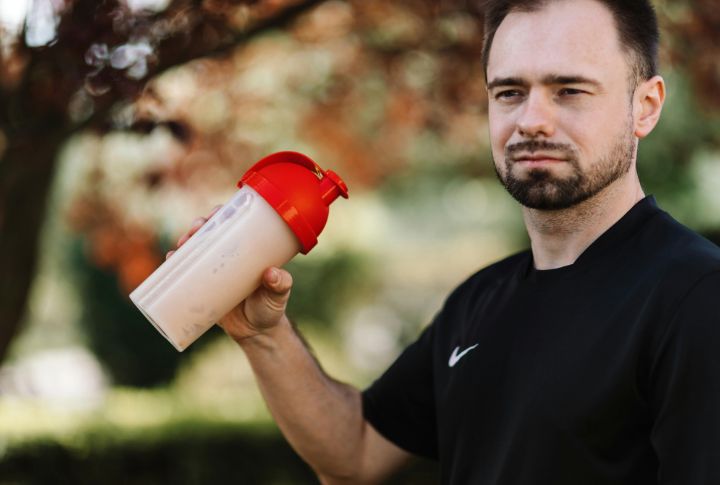
These pre-bottled shakes are expensive for a reason. They require complex engineering, often using artificial sweeteners, to ensure they don’t spoil outside the fridge. Athletes appreciate the post-workout speed, but homemade protein shakes are a cleaner alternative, and if you work out religiously, you know what that’s worth.
Lean Cuisine Frozen Dinners
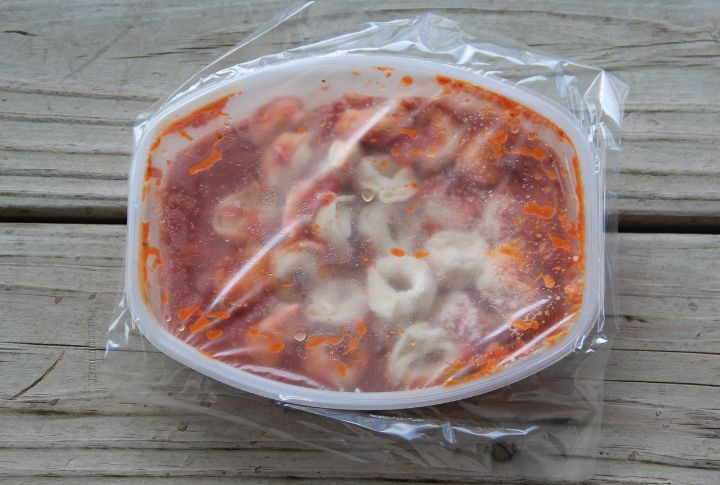
Before grabbing one, check the nutrition label. A major issue across the Lean Cuisine line is the concerning sodium level. They also typically lack fresh vegetables, and the quality is compromised by thin sauces. Given their premium pricing, they are a questionable investment for nutrition-minded buyers.
Pillsbury Cookie Dough Rolls
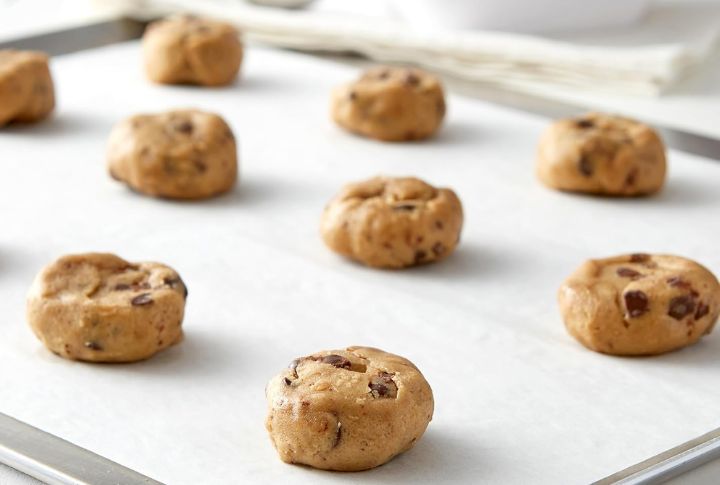
It’s an odd modern irony: consumers pay top dollar for the shortcut tube of dough. Yet, making a batch of cookies from scratch is actually a cheaper process. These pricey rolls showcase the trade-off, where pre-made ingredients and safety processing raise the final cost significantly.
Organic Bananas
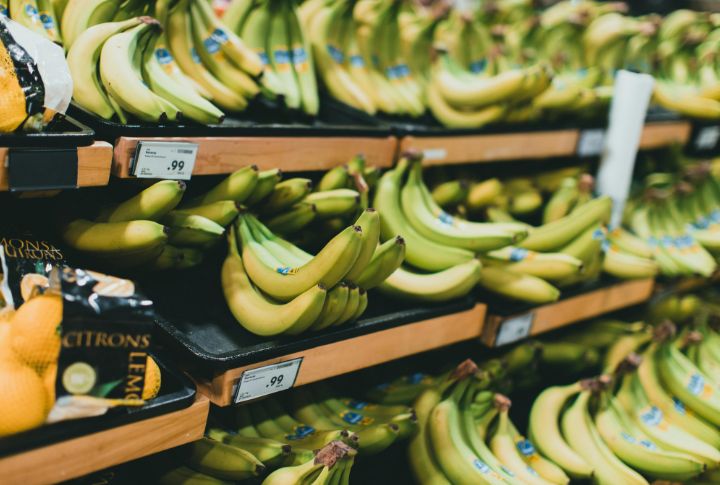
Here’s an exception to the “organic is better” rule. The banana’s naturally thick peel provides an excellent, effective barrier against pesticide residue. This biological defense means both conventional and organic varieties are nutritionally very similar. So, skip the premium price for the organic label here.
90-Second Rice Pouches
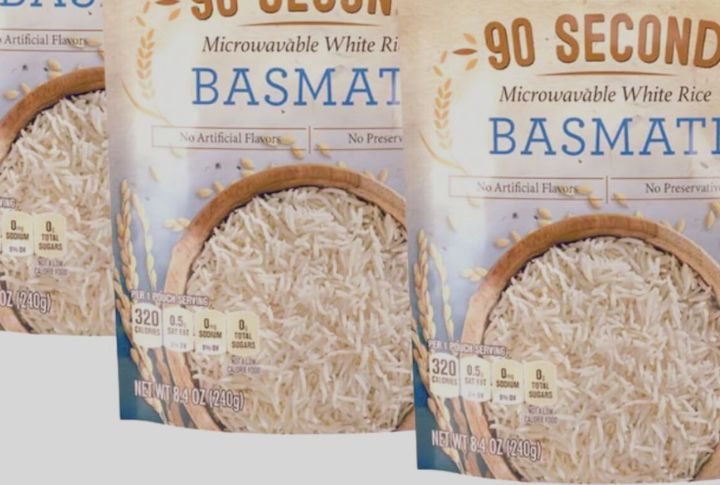
Exhausted after work, that 90-second rice pouch looks irresistible. Understand that you are paying a huge markup purely for that microwavable speed and packaging. Traditional bulk rice is the exact same staple food that you can make and just freeze at a tiny fraction of the cost.
Protein Bars At Checkout
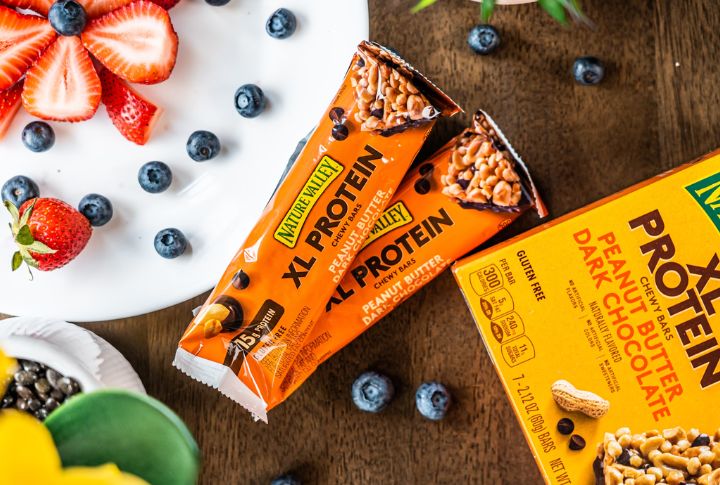
That bar placed right at the cash register is designed to be an impulse buy, costing you far more than if you bought a multipack in the regular aisle. Despite being marketed as healthy, many are high in sugar, closer to an overpriced cand bar than a genuine source of nutrition.
Gluten-Free Bread (For Non-Celiacs)
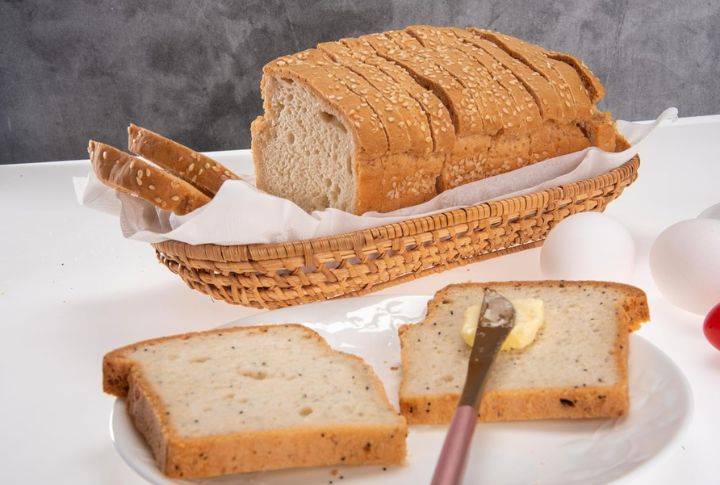
Look closely at the ingredients: substitutes like tapioca starch and potato flour are used to mimic wheat’s texture. It’s a process that makes the bread 2 to 2.5 times more expensive. Unless you’re medically diagnosed with celiac disease, there is no proven health benefit to justify the steep cost.
Imported Pasta Sauce
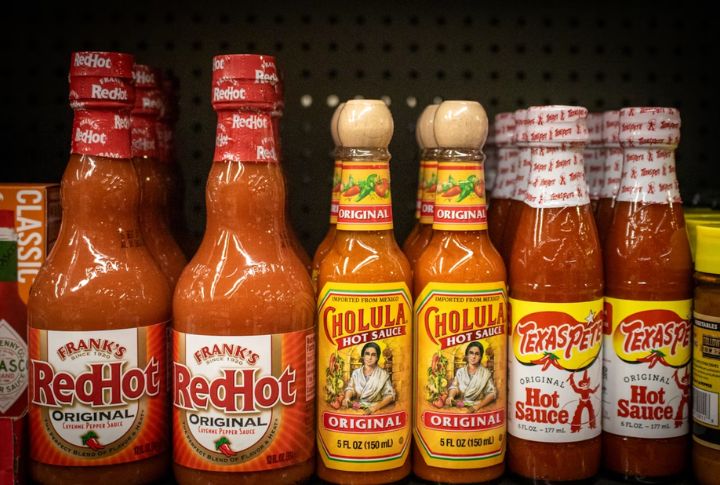
Imported pasta sauces charge premium prices, primarily marketing the use of specific, high-end tomatoes. Taste comparisons, however, consistently show very little flavor advantage over standard domestic brands. You can achieve comparable quality (or maybe even better) by making sauce at home using fresh produce.
Cheese Singles Individually Wrapped

These neatly stacked cheese singles promise grab-and-go ease but hide a high cost. You pay more per ounce than for block cheese, and you get a more processed product. They contain emulsifiers and less real cheese, making them a surprisingly poor value for your grocery budget.
100-Calorie Snack Packs
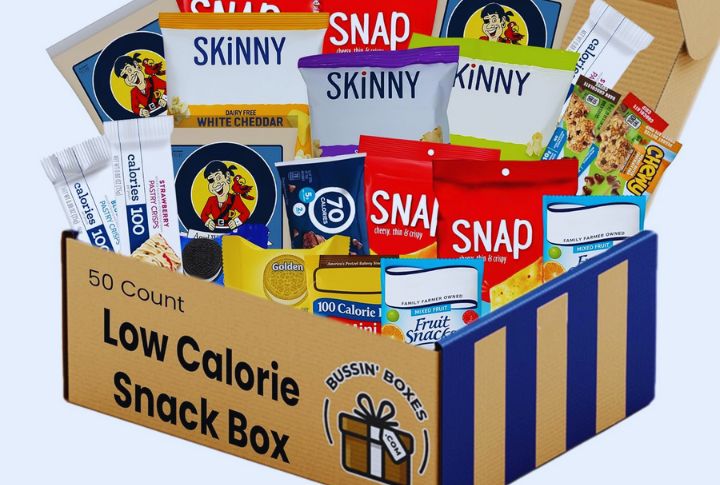
Such miniature cookies and crackers were the darlings of portion-controlled dieting. Here’s the reality: manufacturers simply shrank existing snacks and then drastically increased the price per ounce. These processed morsels are clever repackaging, not a real financial innovation.
Bottled Salad Dressing
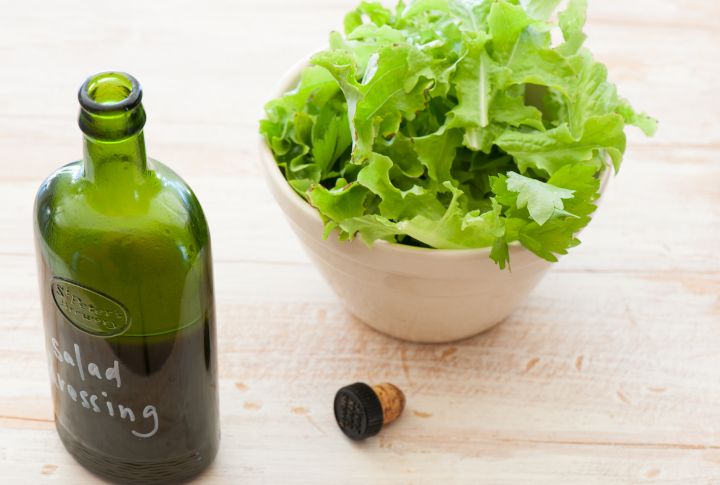
Standing in the aisle, those rows of bottled dressings look convenient, and some might even be good. But check the ingredients behind the price tag. Many popular brands are packed with preservatives and an alarming amount of added sugars that you bypass far too quickly.
Grocery Store Sushi
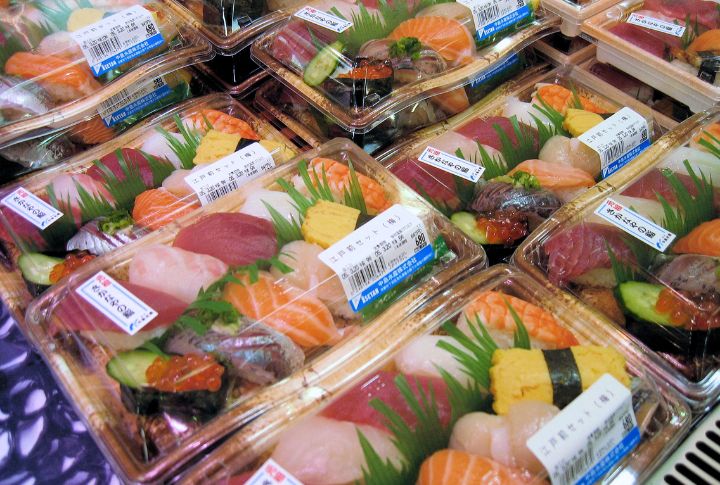
You might pay premium prices for grocery store sushi, yet the quality is maddeningly inconsistent. Some stores try hard with in-house chefs, but the result rarely matches restaurant-level freshness. This makes the expensive convenience option a highly dubious value proposition for your lunch money.
Pre-Made Guacamole Cups
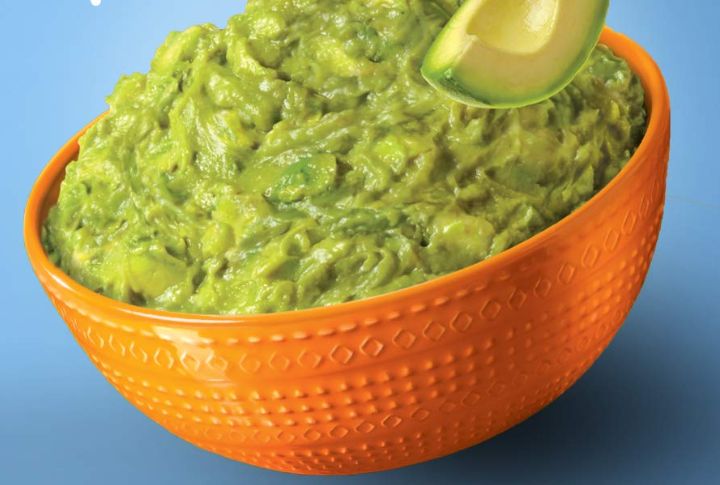
Those convenient guacamole cups include unnecessary tomatoes and onions, when authentic guac only needs avocado, lime, and salt. These pre-made containers pile on unnecessary additions while scooping significantly more dollars from your budget than simply mashing your own avocado.
Organic Baby Food Pouches
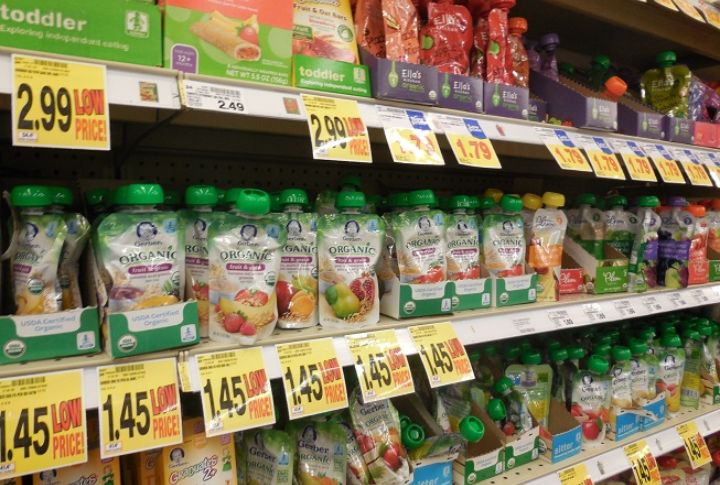
The pitch for these is compelling: organic ingredients combined with grab-and-go convenience. Families should question whether that portable packaging and trendy fruit-veggie mix truly justify the cost. Homemade baby food offers equivalent nutritional benefits and is a much more economical feeding choice.

